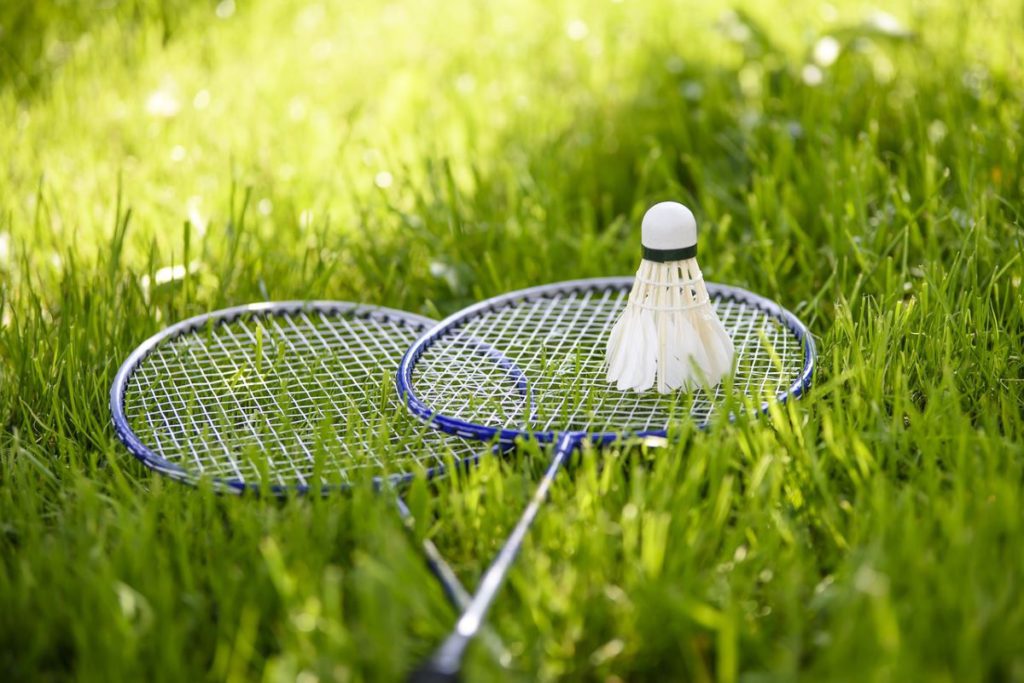Organic mulches will decompose, which may add nutrients to soils and may provide protection for plants in other ways. If you are using an organic material for your mulch, it will start breaking down naturally and releasing nutrients back into your soil, keeping it rich and healthy. Mulching not only keeps nutrients in your soil from washing away in the rain, but it also has the potential to release nutrients back into the soil, as long as you are using organic materials.
Mulching does more than just keep existing water trapped in your soil; it keeps stormwater from washing your soil away. Because mulched soils are able to trap moisture over long periods of time, they need less watering.
In the spring, mulch locks in moisture, inhibit weeds and fertilises the soil. In addition to the benefits of warmer temperatures and moist soil, mulched plants may grow roots in the mulch material.

Mulching does not necessarily warm up a plant’s roots but does prevent the soil from freezing and thawing continuously. In the winter, mulch protects the naked soil, keeps it from eroding, and helps plants to stay safe. By covering the surface of your soil, mulch acts as an insulator, which warms your soil and allows it to continue growing through colder months.
A layer of mulch on top of your newly planted garden can help protect against freeze damage. In colder winter seasons, mulch protects the roots of plants from cold weather and helps to prevent frost-heaving, in which plants are pulled from the soil due to natural soil expansion and contraction when temperatures continually drop and warm. When applied correctly, mulch helps to keep the soil moist, conserve heat, deter weeds, and keep the beds in the garden looking tidy and clean.
In tandem with keeping the soil moist, mulch can also keep the soil cooler during warm weather, which will extend the time many plants need to bolt or become dormant. In the late fall, mulching around plant bases protects from an unexpected early freeze and may allow your vegetable garden to endure several additional valuable weeks of harvest.
A garden mulch will help reduce how much you have to water the soil. Adding a layer of good mulch over the top of the bare soil will reduce the amount of soil and water splashing onto leaves. You can also then add garden rocks to elevate the look of your front yard.
By covering all bare soil with a layer of mulch, most weeds can never make contact with the soil. Mulching denies the weeds any access to bare ground, meaning that seeds will never have a chance to make contact with the soil. Mulching provides a layer above the soil, making it harder for the weeds to break through in order to grow.
It is true that mulch acts as a natural barrier, restricting the amount of sunlight that is able to get into the soil at places where you do not want the weeds growing. Mulch achieves the choke-hold function of acting as a barrier between your soil and unwanted seeds and sunlight. Mulch accomplishes prevention by lessening the effect that rainwater has on your soil as it touches it.
When mulch is too thick, it may actually block the water from reaching the soil. Mulch added to topsoil Clay soils slow down the runoff by giving clays more time to take up the water while holding sand soils in place.
Mulch works to bind the sandy soil, holding water and decreasing soil erosion, as mentioned earlier. Mulch also keeps the soil surface soft and ready for water as needed. It provides a blanket for soil, tempering soil temperature extremes.
In addition to keeping nutrients in the soil out from a blanket of mulch covering the soil, some types of mulch will break down over time, releasing additional nutrients back into the soil. Additionally, when organic mulches decompose, they add organic matter back to the soil, making nutrients available for your plants. The primary advantage of mulch is that it adds a protective barrier around plant and tree roots and also adds another layer to the soil for nutrients.
Black plastic mulch is non-permeable, making it harder to water; it also breaks down in the sun, and unless the soil beneath the plastic is shaded with leaves or covered by another mulch, it becomes extremely hot in mid-summer. Silver plastic mulch is good for warming soils in the spring but does not keep weeds away; soil becomes even hotter in mid-summer with clear plastic, and plants may get damaged if the plastic is not shaded.
Light-coloured, wood-based mulches, such as sawdust or fresh wooden chips, may remove nitrogen from the soil when light-coloured materials decompose. Wood-based mulches may compete with your plants for nitrogen in the soil when they decay.
Coarse-textured mulches are better for plants than fine-textured mulches, which can become compacted and decrease soil oxygen. Mulch reduces the pathogens of leaf-borne fungal diseases by lessening the splash of soil, preventing the entry of fungal spores into leaves. Because fewer weeds will sprout from a mulched bed of flowers than in exposed soil, this makes for much easier gardening.
With a layer of mulch covering the garden soil, the weed seeds that are hiding in it do not get the light needed to sprout, and mulch can keep seeds that are blowing through on the wind from reaching the soil and taking root. You will have to keep your inorganic mulch free from soil or compostable materials; otherwise, seeds will sprout inside, and weeds will grow through the fabric.
